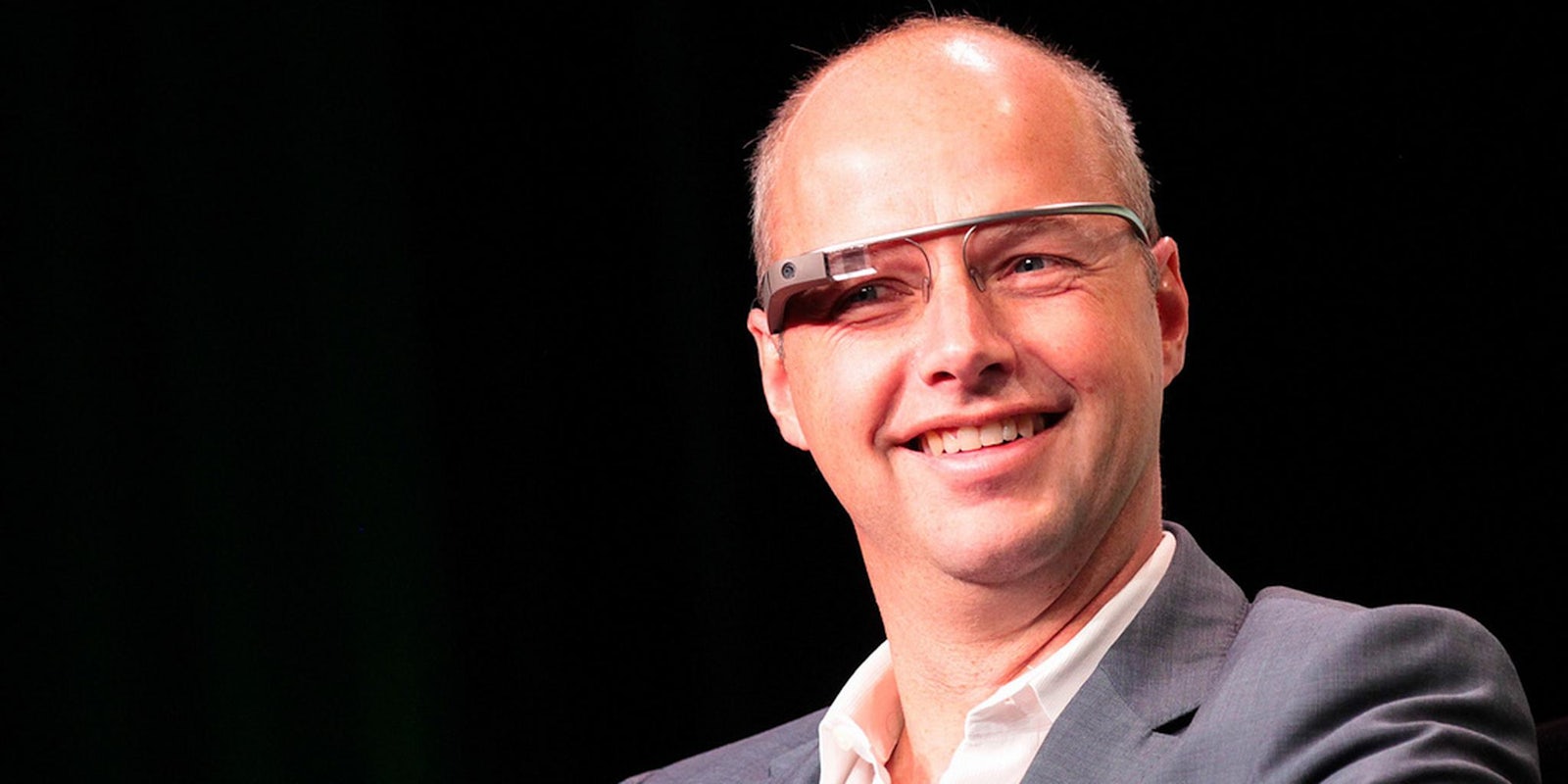After pushing the capabilities of machines so far that they can threaten entire industries, Sebastian Thrun is using his forward thinking to help the humans keep up.
In an Economist profile of the German-born robotics innovator (he happens to be the lead developer on Google’s self-driving car project), Thrun revealed that he started the Internet-based educational company Udacity in 2012 as a means to help humans keep up with rapidly developing automation technology.
Depending on whom you ask, artificial intelligence and robotic technology may advance so quickly as to obsolesce jobs formerly held by a significant portion of the population. Driverless cars may creep into the trucking industry; permanently empathetic artificial intelligence may handle the common customer service phone call.
The popular hypothetical question becomes: What will be left for people to do when technology gets great at everything?
“We have a situation where the gap between well-skilled people and unskilled people is widening,” Thrun told The Economist. “Udacity is my response to the development of AI. The mission I have to educate everybody is really an attempt to delay what AI will eventually do to us, because I honestly believe people should have a chance.”
Thrun’s Udacity, which he co-founded alongside CEO David Stavens and CTO Mike Sokolsky, offers a variety of technologically centered “nano-degree” programs designed to help graduates successfully seek employment in the tech sector. Classes are free, but if you want to interact with any humans for the sake of any worthwhile feedback and earn a formal certificate upon completion, it will cost you $200 a month.
A variety of tech skills are taught; students may pursue a careers in Android development, iOS development, data analysis, front end development, full stack development, and more. There are 60,000 people participating in classes at any given moment, putting Udacity in the top 10 largest enrollments among American educational institution.
“It’s my dream to make learning as addictive as a video game,” Thrun said.
The previously mentioned humans who facilitate the paid element of Udacity are not accredited professors but are instead recent successful graduates of the same course. This is how the company circumvents the conventional costs associated with higher education—it’s not expensive academics conveying the material but people well-versed enough in the course topics that they have been deemed “Udacity Coaches.”
Lest Thrun’s actions raise any questions about his motivations in a supposed machine uprising, he makes his position clear: “To the extent we are seeing the beginning of a battle between artificial intelligence and humanity, I am 100 percent loyal to people.”
H/T The Economist | Photo via TechCrunch/Flickr (CC BY 2.0)


